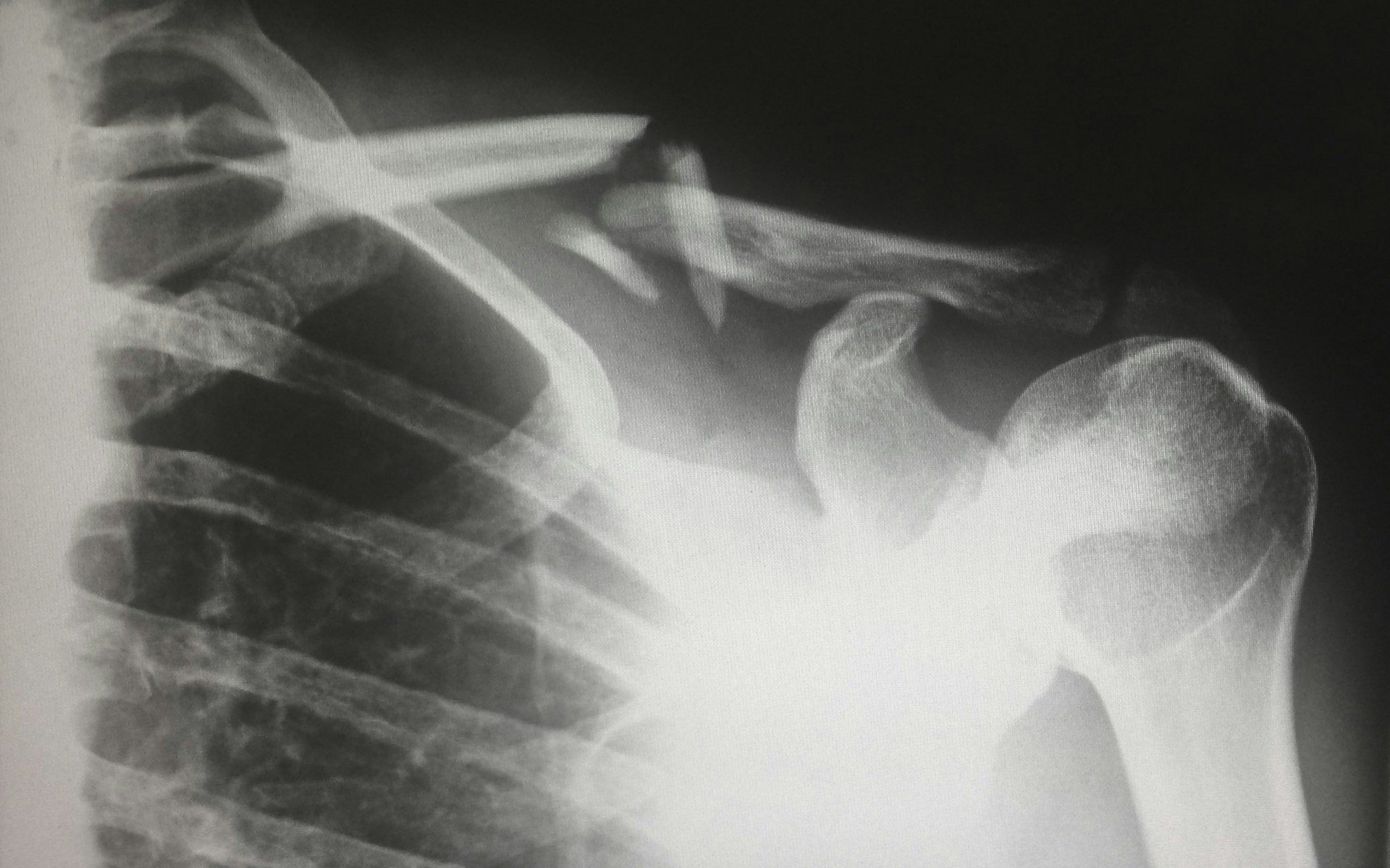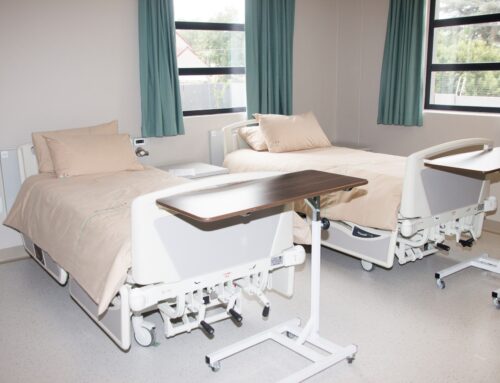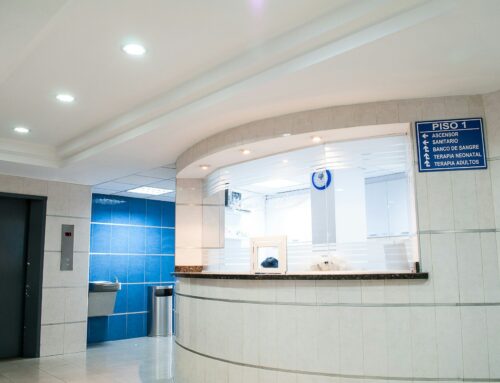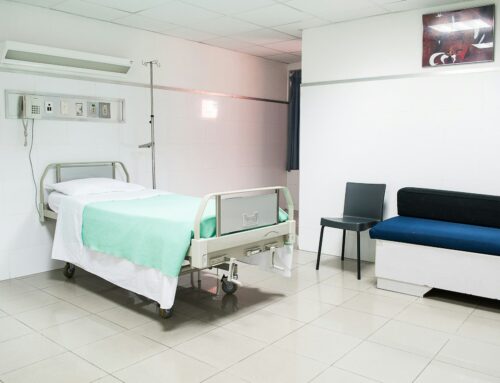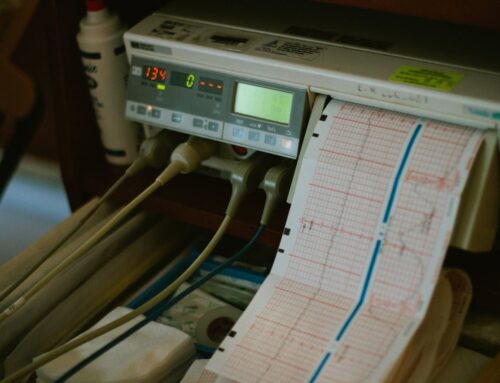Medical negligence in Ireland is a critical issue impacting patients and healthcare providers alike. Understanding the nuances of medical negligence, the legal criteria for proving it, and the steps involved in making a claim is essential for anyone affected by it. This blog aims to provide a comprehensive guide on medical negligence in Ireland, offering insights into the claims process, the role of legal experts, and key case studies like the notable Ruth Morrissey case. By navigating these complex issues, patients can better understand their rights and seek the compensation they deserve.
What is Medical Negligence?
Medical negligence occurs when a healthcare professional fails to provide the standard of care expected, resulting in harm to the patient. This can include errors in diagnosis, treatment, aftercare, or health management. Medical malpractice, often used interchangeably with medical negligence, specifically refers to legal actions taken against a healthcare provider due to negligent practices.
Common examples of medical negligence include:
- Surgical Errors: Mistakes made during surgery, such as leaving instruments inside the body or operating on the wrong site.
- Misdiagnosis: Incorrectly diagnosing a condition, leading to improper treatment.
- Birth Injuries: Harm caused to the mother or baby during childbirth due to negligent care.
- Medication Errors: Incorrect prescribing, dispensing, or administering of medication.
Landmark Case for Medical Negligence in Ireland
Derived from the case Dunne v. National Maternity Hospital (1989), the Dunne Principles are essential guidelines for understanding and assessing medical negligence in Ireland. These principles determine whether a healthcare provider’s actions were negligent by evaluating if their conduct fell below the expected standard of care. They include:
- Standard of Care: A practitioner is negligent if their conduct falls below the standard expected of a competent professional with similar qualifications and experience.
- Deviation from Approved Practice: Following a general and approved practice does not absolve liability if the practice itself is inherently defective.
- Honest Difference of Opinion: An honest difference in medical opinion does not constitute negligence if the chosen course of action is supported by a body of competent professionals.
These principles ensure that healthcare providers are held to consistent and reasonable standards, balancing patient protection with realistic expectations of medical practice.
Proving Medical Negligence
To establish a medical negligence claim in Ireland, four key elements must be proven:
- Duty of Care: The healthcare provider owed a duty of care to the patient. This means they were responsible for providing a standard level of care expected in their professional capacity.
- Breach of Duty: The provider breached this duty by failing to meet the standard of care. This could involve errors in diagnosis, treatment, or overall management of the patient’s health.
- Causation: There must be a direct link between the breach of duty and the harm suffered by the patient. This is often the most challenging element to prove, requiring expert testimony to establish that the negligence directly caused the injury or harm.
- Damage: The patient must have suffered actual harm or injury as a result of the breach. This includes physical injury, emotional distress, or financial loss.
Importance of Expert Testimony
Expert testimony is crucial in proving medical negligence. Medical experts can clarify whether the care provided fell below the acceptable standard and if this directly caused the patient’s harm. Their insights help the court understand complex medical issues and make informed decisions.
Common Challenges in Establishing Proof
- Complex Medical Details: The intricate nature of medical procedures can make it difficult for non-experts to understand the specifics of a negligence claim.
- Causation Issues: Proving that the negligence directly caused the harm, especially when multiple factors are involved, is often a significant hurdle.
- Gathering Evidence: Collecting comprehensive medical records and securing credible expert testimony requires time and resources.
By understanding these steps and challenges, patients and their legal representatives can better prepare to prove medical negligence claims effectively.
Medical Negligence Claims in Ireland
When pursuing a medical negligence claim in Ireland, understanding the procedural steps is crucial to achieving a favourable outcome. Here’s a detailed look at the process:
-
- Initial Consultation with a Solicitor:
- Engage a solicitor specialising in medical negligence. They will assess your case, advise on its merits, and guide you through the process.
- The solicitor will gather preliminary information, including medical records and a detailed account of the incident.
- Gathering Evidence and Medical Records:
- Collect all relevant medical documentation, including test results, treatment records, and any correspondence with healthcare providers.
- Obtain expert opinions to establish that the care provided was substandard and directly caused the injury.
- Filing the Claim:
- Once sufficient evidence is gathered, the solicitor will file a claim with the relevant legal bodies or courts.
- In Ireland, the Personal Injuries Assessment Board (PIAB) plays a significant role in assessing such claims. However, medical negligence claims often proceed directly to court due to their complexity.
- Initial Consultation with a Solicitor:
- The Role of the Personal Injuries Assessment Board (PIAB):
-
- The PIAB evaluates personal injury claims but may not fully handle complex medical negligence cases.
- If the case proceeds to court, the PIAB provides an authorization, known as a “consent to issue proceedings.”
Time Limits for Filing Claims (Statute of Limitations)
In Ireland, the statute of limitations for medical negligence claims is generally two years from the date the injury was discovered or should have been discovered. This period is known as the “date of knowledge.” Thus, acting promptly is crucial, as failing to initiate proceedings within this timeframe can bar you from seeking compensation.
Case Study: Ruth Morrissey v. HSE
The Ruth Morrissey v. Health Service Executive (HSE) case stands as a pivotal example of medical negligence in Ireland, emphasising the severe consequences of diagnostic errors and the stringent legal standards required to prove negligence. Ruth Morrissey underwent cervical smears in 2009 and 2012, which were misread by laboratories participating in the CervicalCheck screening program. These errors resulted in a delayed diagnosis of cervical cancer, significantly impacting her health and treatment options.
In 2018, Ruth Morrissey and her husband filed a lawsuit against the HSE, Quest Diagnostics, and Medlab Pathology. The High Court ruled in Morrissey’s favour, awarding her €2.16 million in damages, citing the need for “absolute confidence” in screening results. The court criticised the laboratories for their failure to accurately read the smears and provide timely information. The defendants appealed the decision, but in 2020, the Supreme Court upheld the High Court’s ruling, affirming that the Dunne Principles were appropriately applied.
The Ruth Morrissey case underscores the importance of accuracy in medical screening and the legal obligations of healthcare providers and laboratories to maintain high standards of care. It highlights the severe repercussions of negligence in diagnostics and reaffirms the application of established legal principles to ensure accountability and justice in medical negligence cases.
Medical Negligence Compensation in Ireland
Victims of medical negligence in Ireland can seek various types of compensation, depending on the specifics of their case:
- General Damages: Compensation for pain and suffering, both physical and psychological. This is subjective and varies based on the severity of the injury and its impact on the victim’s life.
- Special Damages: Covers financial losses incurred due to the injury, including:
- Medical Expenses: Costs for treatments, medications, and any necessary medical equipment.
- Lost Earnings: Compensation for income lost due to the inability to work.
- Future Care Costs: Estimated costs of ongoing and future medical care and support.
Factors Influencing the Amount of Compensation
The compensation amount in medical negligence cases is influenced by several factors. The severity of the injury plays a significant role, with more severe and long-lasting injuries typically resulting in higher compensation. The impact on the victim’s quality of life is also crucial, considering how the injury affects daily activities, mental health, and overall well-being. Financial losses, such as medical bills and lost wages, are meticulously calculated.
Many medical negligence cases are resolved through settlements, where both parties agree on compensation without going to trial, making the process quicker and less stressful. If a settlement cannot be reached, the case proceeds to court, where a judge or jury determines the outcome and awards compensation based on the evidence presented.
By understanding the types and factors of compensation, victims can better navigate their claims and ensure they receive the support they need.
Role of Legal Experts in Medical Negligence Cases
Selecting the right solicitor is crucial in medical negligence cases due to their complexity and the expertise required. Legal experts, such as McElhinney & Associates, can effectively navigate the legal intricacies, ensuring that all necessary evidence is gathered and presented compellingly. We provide comprehensive legal support, from initial consultations to court proceedings, ensuring clients understand their rights and the legal process. Our expertise includes thorough investigation, securing expert testimony, and negotiating settlements or advocating in court.
For example, we successfully secured compensation for a client who suffered a bladder injury following a C-section due to medical negligence. Additionally, we represented a Donegal woman who developed sepsis after birth, resulting in a settlement with the HSE. In both cases, our thorough legal approach and understanding of medical complexities were crucial in achieving favourable outcomes.
These cases exemplify McElhinney & Associates’ expertise in medical negligence, demonstrating our ability to achieve successful outcomes for their clients through meticulous legal work and deep understanding of medical issues.
Final Thoughts
Understanding and navigating medical negligence in Ireland requires a comprehensive grasp of legal standards, procedural steps, and the critical role of expert testimony. Whether dealing with surgical errors, misdiagnoses, or inadequate postnatal care, knowing your rights and the processes involved is essential.
If you or a loved one has been affected by medical negligence, seeking professional legal advice is crucial. McElhinney & Associates Solicitors are committed to providing expert guidance and support to ensure you receive the compensation and justice you deserve. Get in touch today to discuss your case and explore your legal options.
Disclaimer
In contentious business, a Solicitor may not calculate fees or other charges as a percentage or proportion of any award or settlement.
This information is for guidance purposes only. It does not constitute legal or professional advice. Professional or legal advice should be obtained before taking or refraining from any action as a result of the contents of this publication. No liability is accepted by McElhinney & Associates for any action taken in reliance on the information contained herein. Any and all information is subject to change.
About the Author
Jolene McElhinney, BBLS, Principal Solicitor
Jolene McElhinney is the founding principal of McElhinney & Associates, renowned for her expertise in employment law and personal injury claims across the North West of Ireland. With a distinguished academic background and over a decade of experience, Jolene is dedicated to providing personalised, expert support to her clients, ensuring they navigate the complexities of the legal landscape with confidence and clarity.
